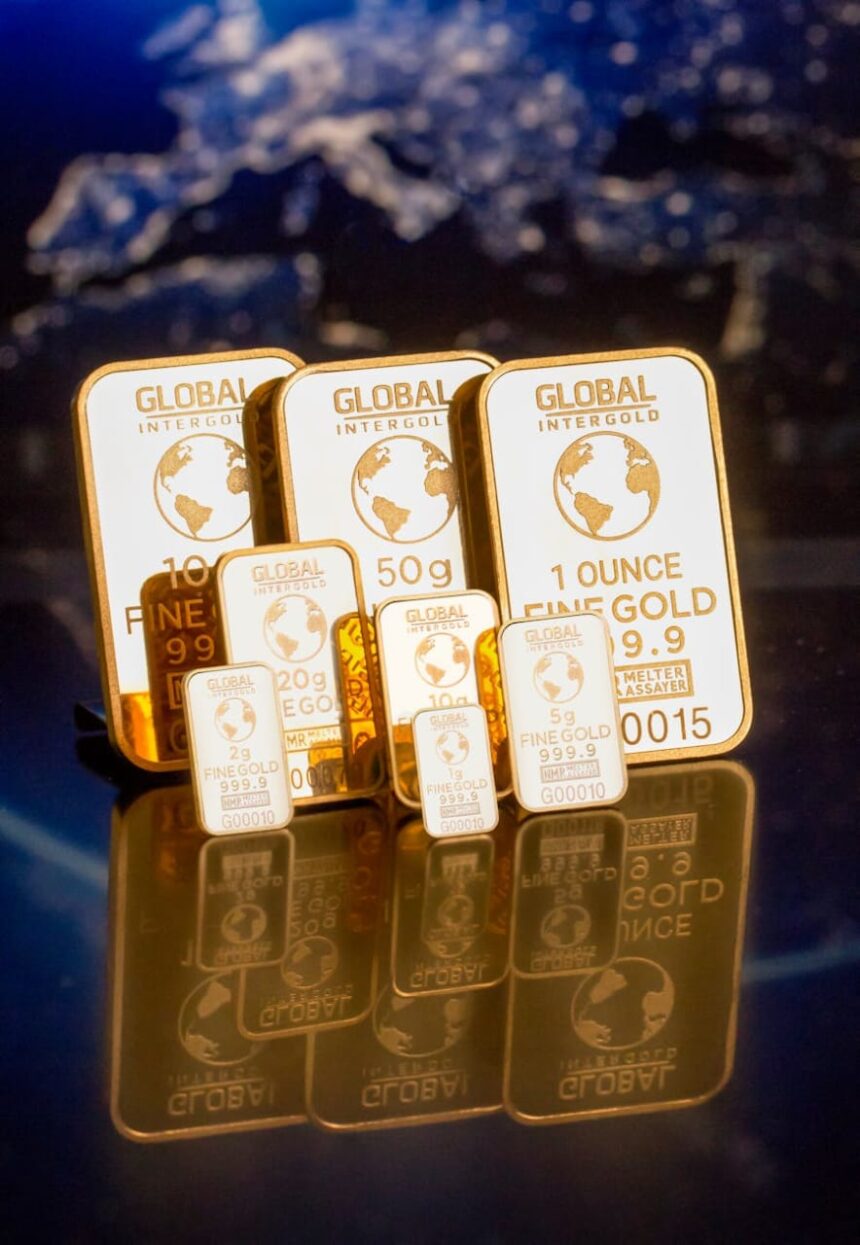Introduction to Real World Asset Tokenization
Real-world asset tokenization is revolutionizing industries worldwide. But what does this concept entail? A digital token represents ownership of tangible assets such as real estate, commodities, or intellectual property. These tokens are stored on a blockchain, enabling traditionally illiquid or difficult-to-access assets to be bought, sold, and traded more effectively.
The importance of tokenizing real-world assets lies in its ability to make illiquid assets more liquid, democratizing access to investments for a broader range of people. Whether you’re a small-scale investor or a large institution, asset tokenization opens the door to new opportunities.
What Real-World Asset Tokenization Works
At the heart of real-world asset tokenization is blockchain technology. Blockchain provides a decentralized, transparent ledger where ownership of assets is securely stored. This technology eliminates intermediaries, allowing faster, cheaper, and more efficient transactions. Additionally, smart contracts — self-executing contracts with terms embedded in code — play a crucial role in automating and securing these transactions.
When an asset is tokenized, a digital representation of the asset is created and stored on the blockchain. Smart contracts ensure that the transfer of ownership happens automatically once certain conditions are met, reducing the need for third parties.
Benefits of Real-World Asset Tokenization
The benefits of tokenizing real-world assets are numerous. Here are some of the key advantages:
- Liquidity Enhancement: Traditionally, assets such as real estate or artwork are illiquid, making them difficult to sell quickly. Tokenization allows these assets to be divided into smaller, tradable units, thereby increasing liquidity.
- Accessibility to Global Investors: Tokenized assets can be traded across borders, opening investment opportunities to a global pool of investors.
- Fractional Ownership and Diversification: Tokenization allows investors to buy small shares of expensive assets like real estate, diversifying portfolios without purchasing the entire asset.
Types of Real-World Assets That Can Be Tokenized
Several types of real-world assets are prime candidates for tokenization, including:
- Real estate: One of the most popular categories for tokenization, as it allows investors to buy shares of properties.
- Commodities: Gold, oil, and other commodities can be tokenized, providing more accessible investment avenues.
- Artwork and Collectibles: High-value artwork and rare collectibles can be tokenized, democratizing the ownership of valuable items.
- Intellectual Property: Patents, trademarks, and other forms of intellectual property can be tokenized, enabling new revenue streams.
The Process of Tokenizing Real-World Assets
The tokenization process involves several structured steps. First, the asset must be legally represented on a blockchain, which requires navigating through various legal and regulatory frameworks based on the jurisdiction. Once compliance is confirmed, the asset is tokenized and listed on a blockchain platform, enabling investors to purchase shares.
Challenges in Real World Asset Tokenization
While tokenization holds immense potential, it is not without its challenges:
- Legal and Compliance Issues: Regulatory hurdles vary by country, making global adoption difficult.
- Security Risks: Although blockchain is secure, cyber threats and fraud remain a concern.
- Market Adoption: Convincing traditional investors and institutions to adopt tokenized assets can be a hurdle.
Top Companies in Real-world Asset Tokenization Development
Several companies are at the forefront of developing solutions for tokenizing real-world assets. One of these companies is 10Clouds, which specializes in blockchain development and real-world asset tokenization. They assist businesses in tokenizing assets, navigating legal requirements, and implementing smart contracts to streamline transactions. Other significant players in this field include Securitize, Polymath, and Token Solutions.
Case Studies of Successful Asset Tokenization Projects
- Real Estate Tokenization: A prime example is the tokenization of luxury properties, where investors can buy shares in high-value properties.
- Artwork Tokenization: Several blockchain platforms have successfully tokenized expensive artwork, allowing fractional ownership.
Blockchain Platforms for Real-World Asset Tokenization
Several blockchain platforms support asset tokenization:
- Ethereum: A leading platform for tokenization projects, due to its robust ecosystem of decentralized apps and smart contracts.
- Polygon: A layer-2 scaling solution that enhances Ethereum’s functionality and offers faster transactions.
- Hyperledger: A private blockchain tailored for enterprise solutions.
Role of Smart Contracts in Tokenization
Smart contracts automate many processes in the tokenization of real-world assets. They enable the secure transfer of ownership, reducing transaction times and lowering costs. For example, when a real estate property is sold, the smart contract ensures that funds are transferred, and ownership is updated automatically.
Regulations Governing Real World Asset Tokenization
The regulatory landscape for tokenization is still evolving. In many jurisdictions, tokenized assets fall under securities laws. Ensuring compliance with these laws is crucial for tokenization projects to succeed. Companies must work closely with legal experts to ensure their tokens are recognized as legitimate by authorities.
The Future of Real-World Asset Tokenization
“The future of asset tokenization looks promising, with industry analysts predicting significant growth in the market. Tokenization is expected to disrupt multiple industries, including finance, real estate, and entertainment. As blockchain technology matures, the tokenization of real-world assets will likely become more mainstream.”
10Clouds: A Leading Player in Asset Tokenization
10Clouds is a leading company in real-world asset tokenization, providing comprehensive solutions for businesses. They help navigate legal hurdles and implement blockchain-based smart contracts, offering end-to-end services that simplify the tokenization process. Their expertise in blockchain development has made them a trusted partner for companies aiming to unlock the value of their assets.
Why Companies Should Consider Tokenizing Their Assets
By tokenizing assets, companies can:
- Increase liquidity
- Access a global investor base
- Improve transparency and security in transactions
- Reduce costs through automation with smart contracts
Conclusion
Real-world asset tokenization reshapes industries by making traditionally illiquid assets more accessible and tradable. Companies like 10Clouds are at the forefront of this technological revolution, providing the tools and expertise to tokenize assets securely and efficiently. With the potential to unlock massive value in the global economy, tokenization is poised to become a standard practice for asset management.


